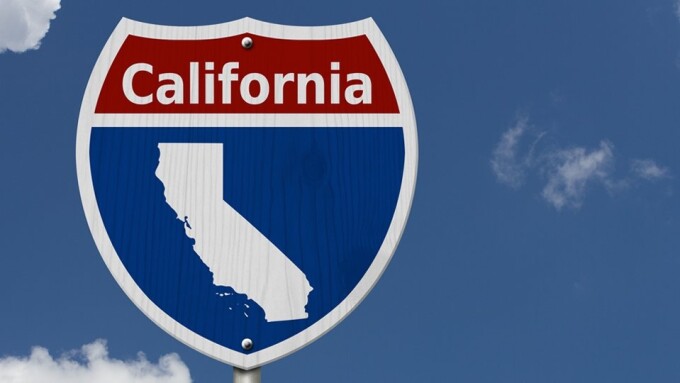SACRAMENTO — Members of the California Assembly moved on Thursday toward imposing the nation’s strictest net neutrality laws on internet providers despite new FCC rules signed into law.
By a 61-18 vote, the Assembly sent SB 822 to colleagues in the state Senate, who have until midnight tonight, on the final day of the legislative session, to push it through to the governor for his signature. If the Senate vote doesn’t come through, the bill will have to wait until next year.
Gov. Jerry Brown has not indicated whether if he would sign it into law if the bill was sent to his desk.
The bill would prohibit ISPs from blocking or throttling lawful traffic, and from requiring fees from websites or online services to deliver or prioritize traffic to consumers. The proposal also imposes limits on data cap exemptions and says that ISPs may not attempt to evade net neutrality protections by slowing down traffic at network interconnection points.
“We have just one final vote left to go to get the strongest net neutrality protections in the nation passed out of the legislature and onto the governor’s desk,” state Sen. Scott Wiener, the bill’s author.
“We will take nothing for granted, but we have momentum and the support of a broad and diverse coalition that understands the importance of a free and open internet for everyone,” Wiener said.
The FCC repealed regs adopted during the Obama administration that barred ISPs from blocking content or charging more for access
The U.S. Senate voted in May to keep the Obama-era internet rules but the measure is unlikely to be approved by the House of Representatives or the White House.








